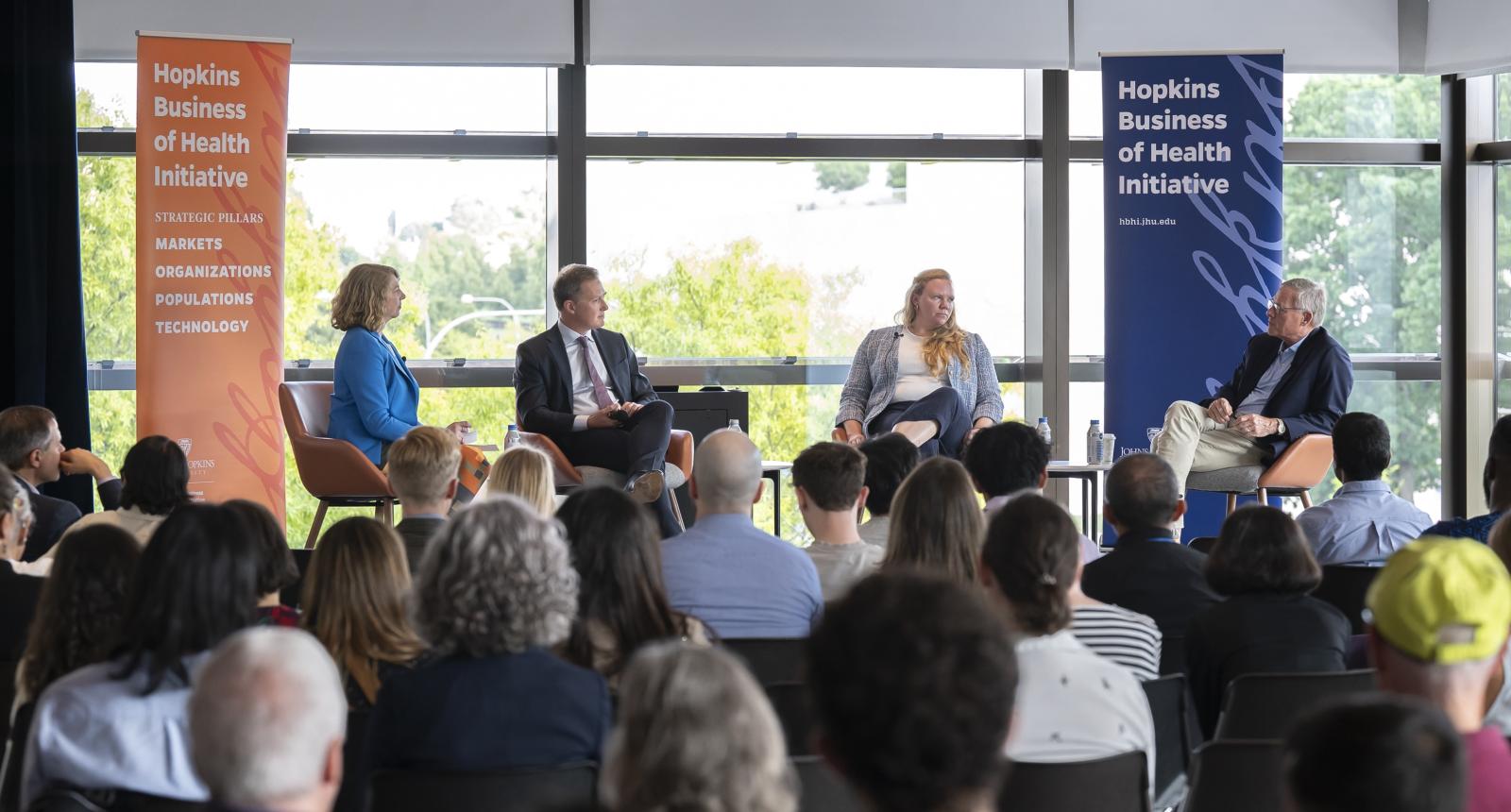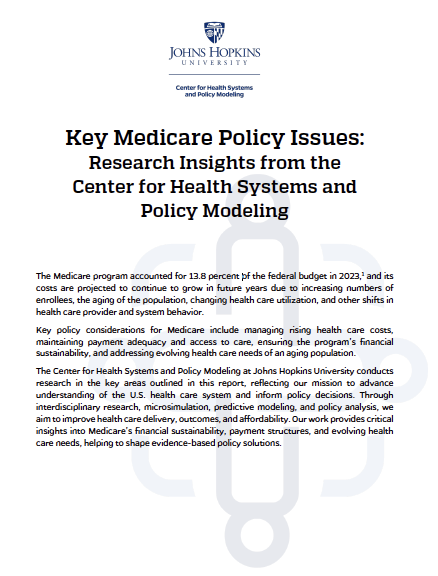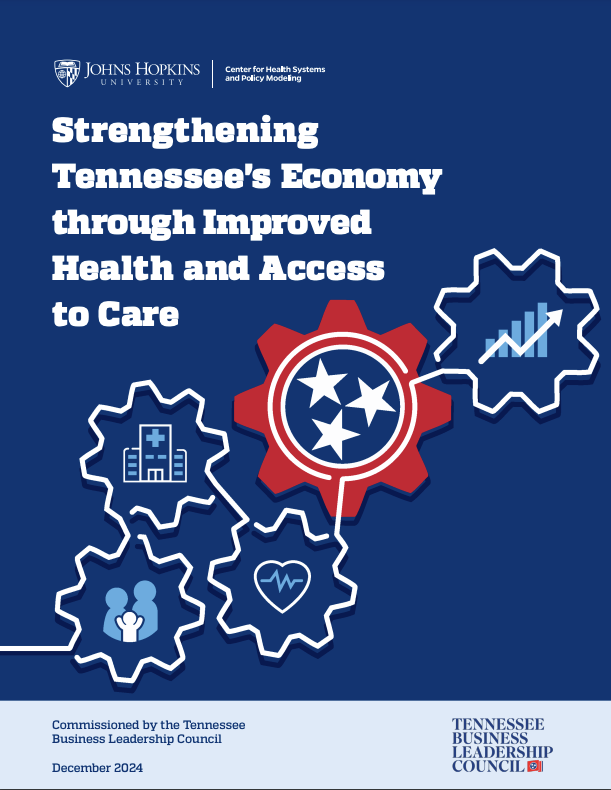
Center for Health Systems and Policy Modeling
Building a supply-side model of the U.S. health care system
Health care goods and services now constitute nearly 20% of the U.S. economy and millions of health care providers assess and treat patients every day. At the same time, care is usually poorly coordinated, care volume drives increasingly unaffordable costs, health outcomes are poor by international standards, public health is underfunded, and little is known about how the health care “system” responds to policies and incentives.
Today, with the continued problems of rising health care costs and poor care outcomes – especially for historically disadvantaged communities and people of color - thrown into stark relief by the pandemic, most of the leading policy ideas for improving health delivery fall under the conceptual umbrellas of “value-based” health care and managed insurer competition.
However, the jury is still out on many of these value-based pilots and the emerging consensus in the policy community is that they have been so numerous and overlapping that it is difficult to understand their effects. The policy-making process has also not yet incorporated ideas about effective ways for public health to interface with or substitute for privately provided health care.
These are some of the policy challenges that the Center for Health Systems and Policy Modeling hopes to address. The Health System model will provide policymakers, health care providers, and businesses with insights into the ways in which incentives and institutional structures shape care delivery and outcomes–and how policy and business decisions can alter them. Through this model, the Center aims to become a definitive source of information on the U.S. health sector and the policy levers that could bring better outcomes at lower costs in the future.
In addition, the Center’s research will address emerging issues in health policy with rigorous empirical work—predictive models and causal inference methods from econometric study designs—towards the goal of providing insights to the health care sector, businesses, and policymakers on how to improve health care delivery and outcomes.
Read a recent article featuring CHSPM's Director, Melinda Buntin, PhD where she and CHSPM Medicare policy director Kathryn Linehan discuss proposed site-neutral payment policies for Medicare https://carey.jhu.edu/articles/who-stands-gain-medicare-site-neutral-payment-policies
Reports and Briefs
Key Medicare Policy Issues: Research Insights from the Center for Health Systems and Policy Modeling (March 2025)
- In This Section:


